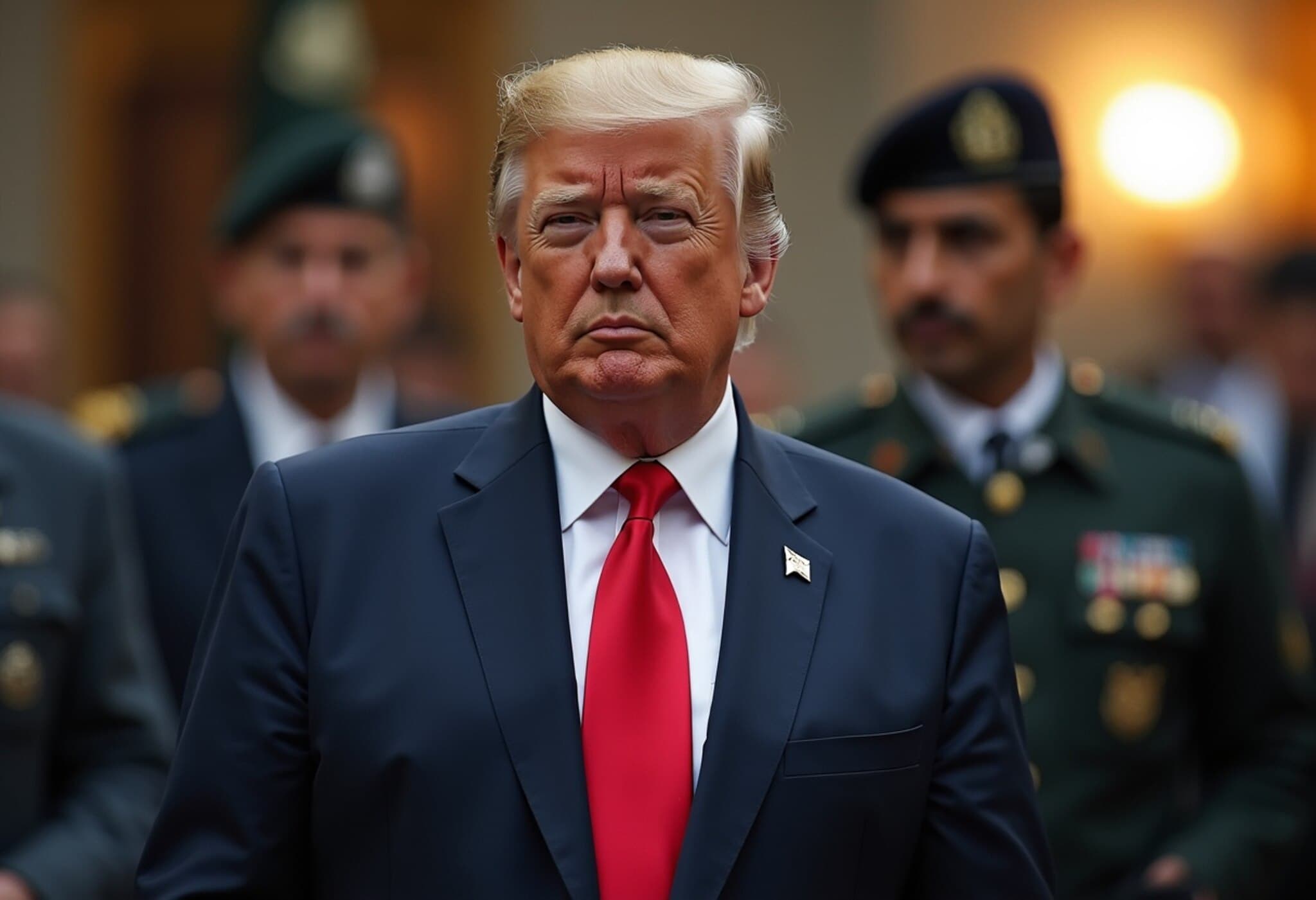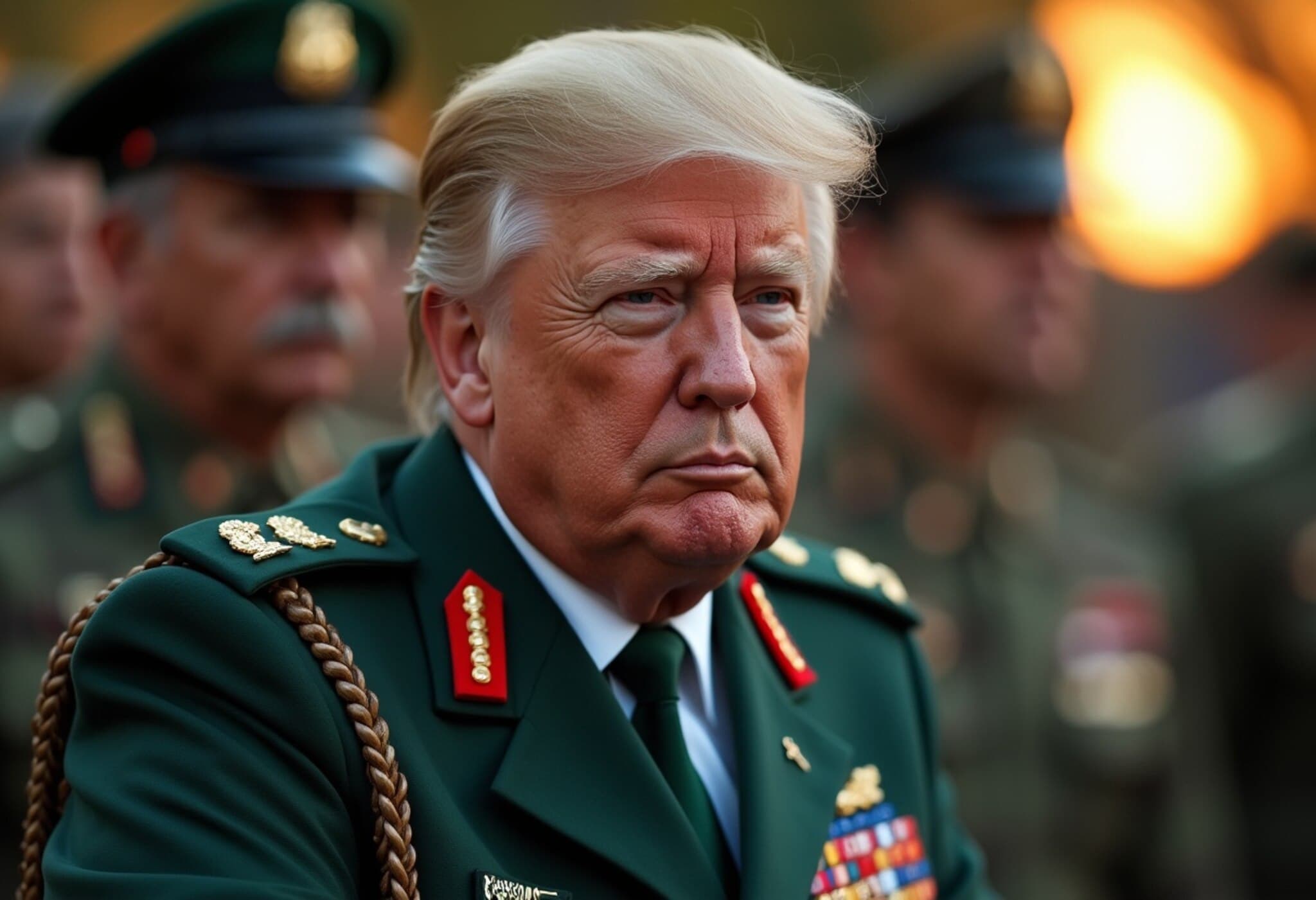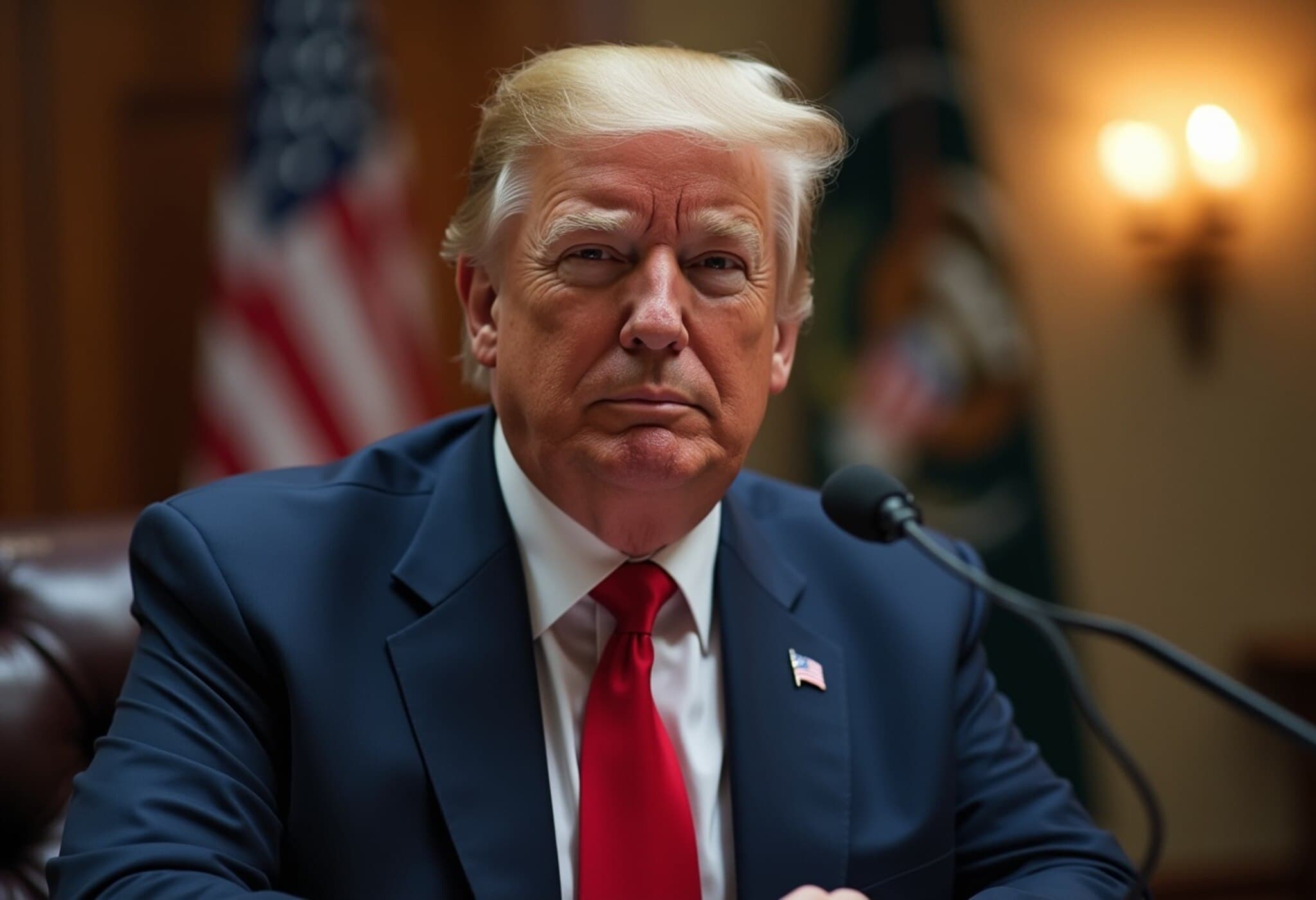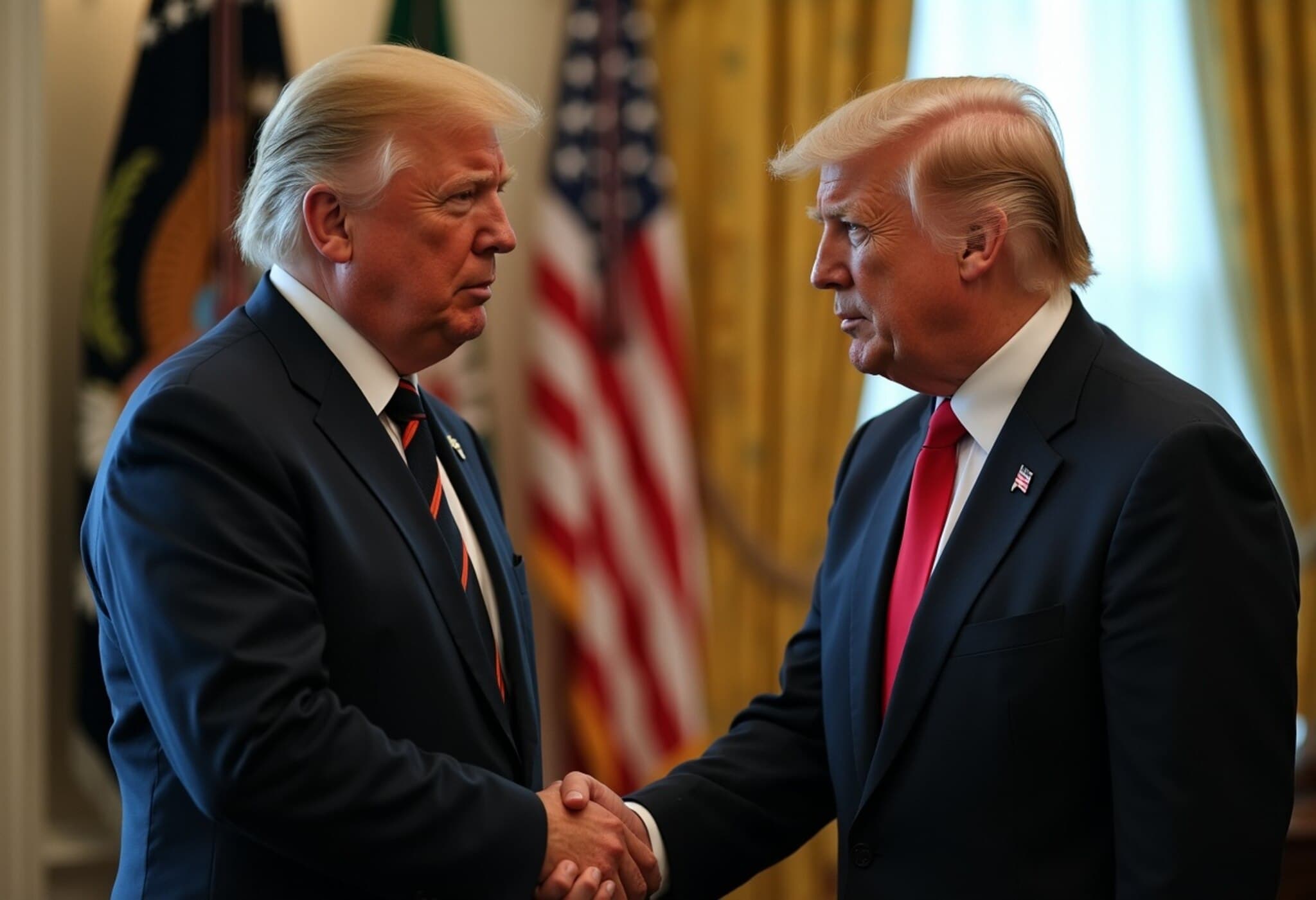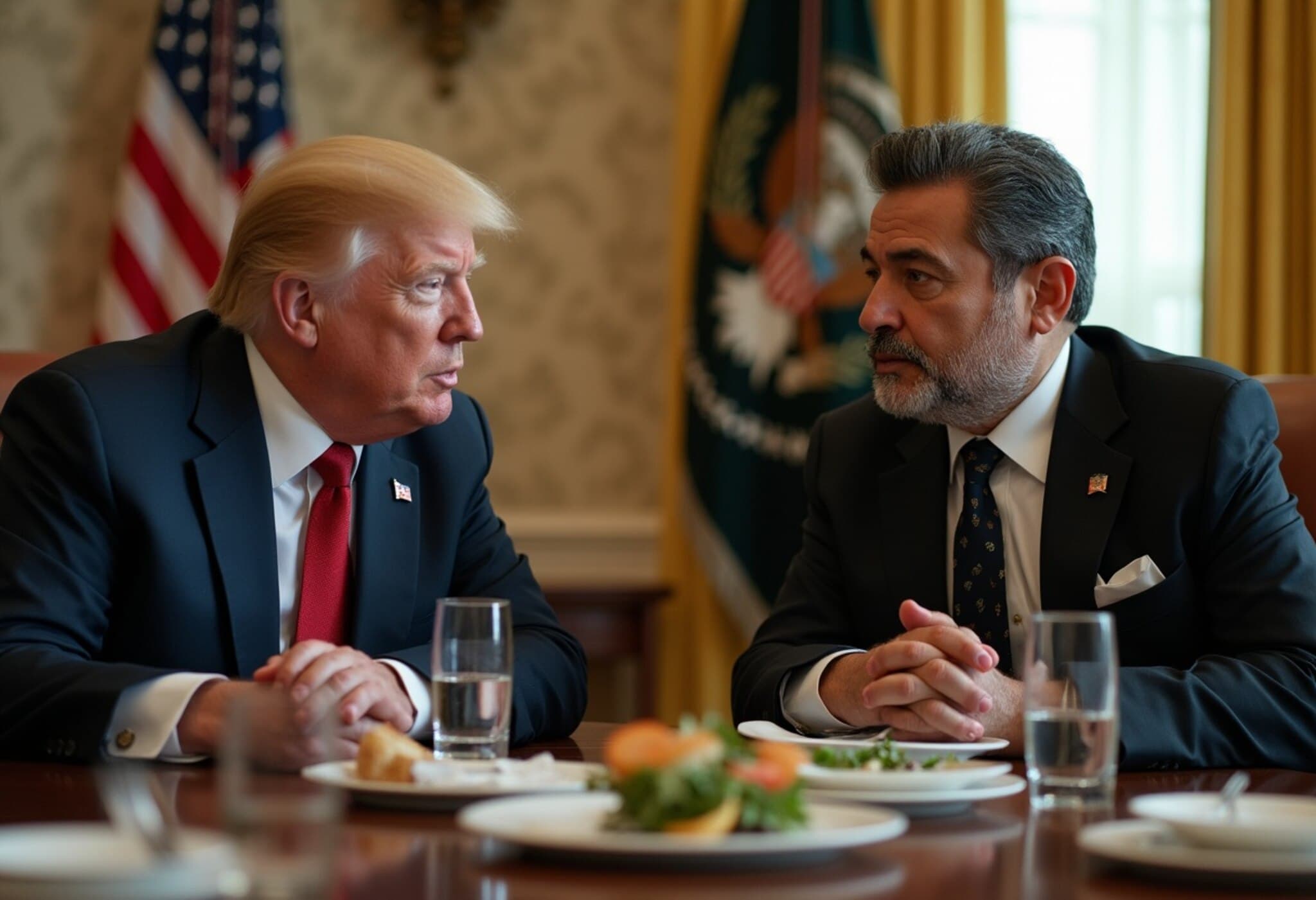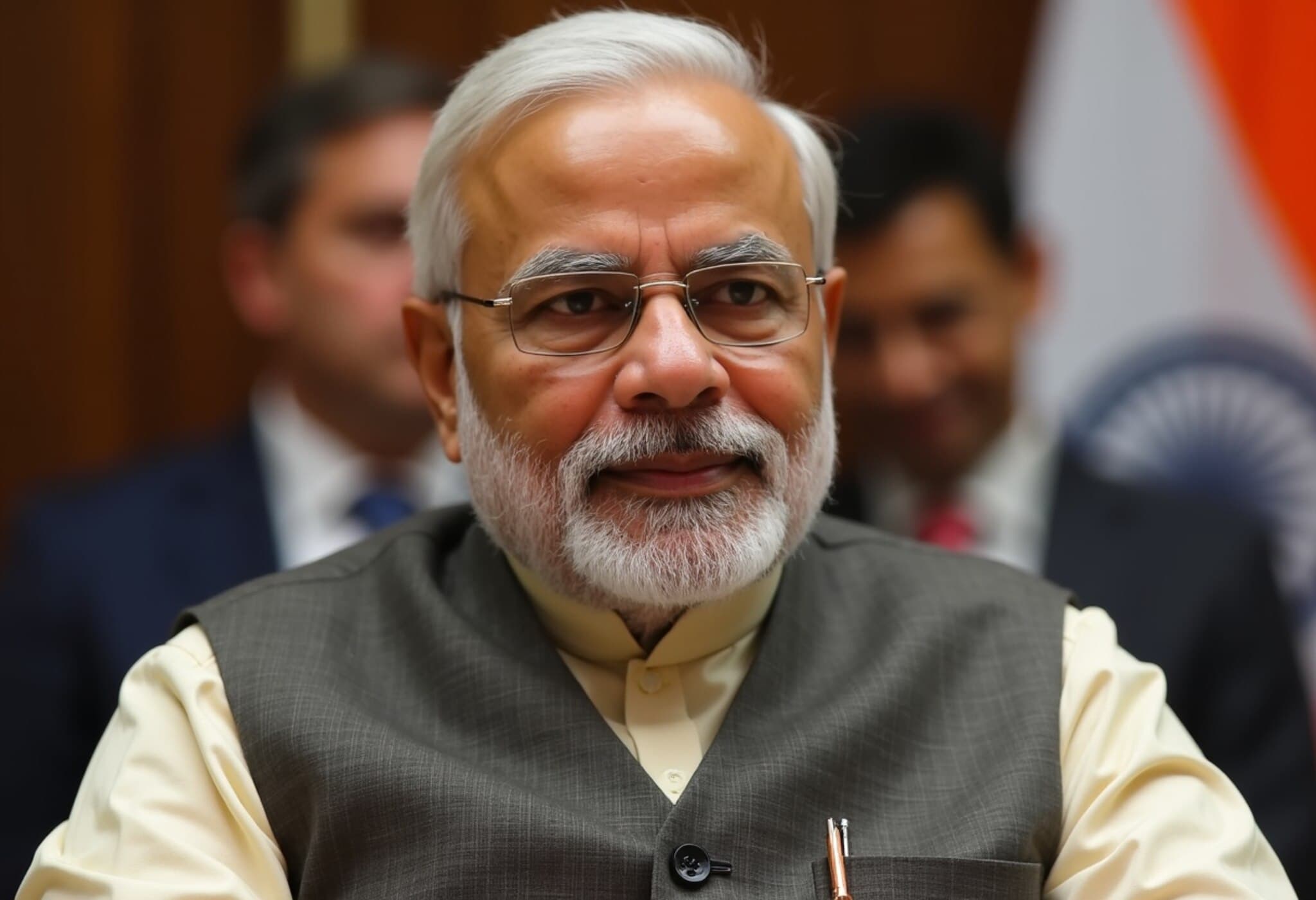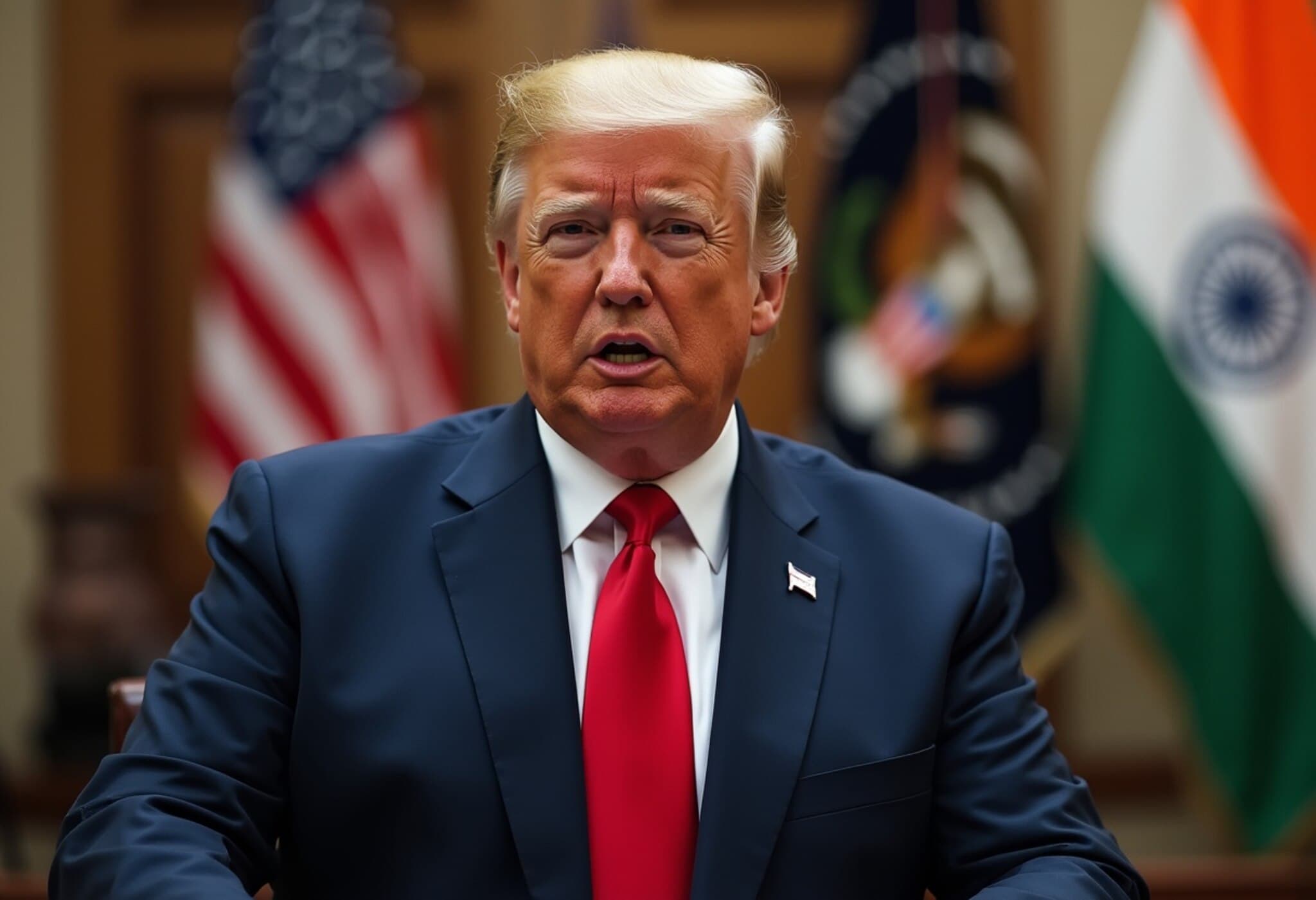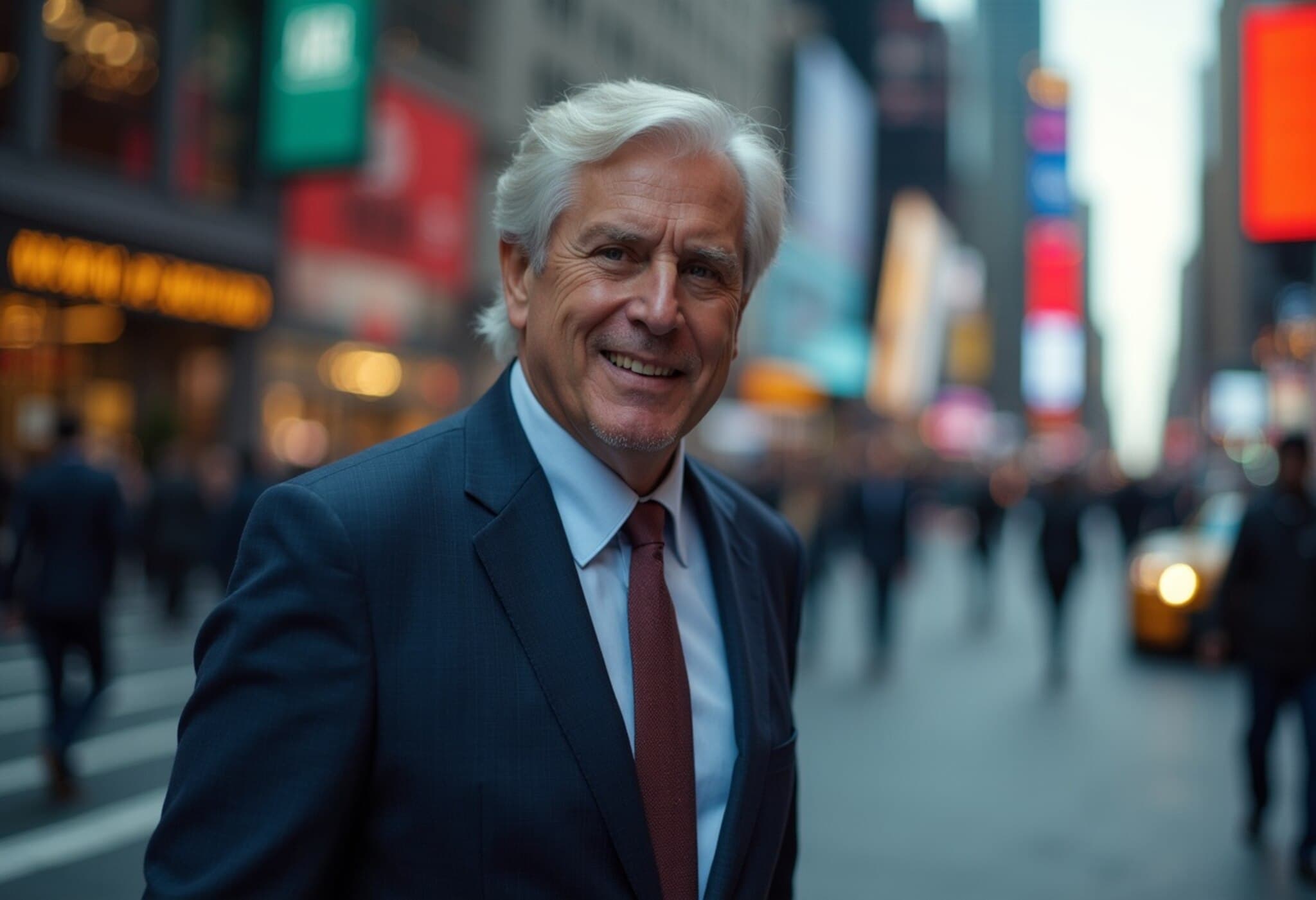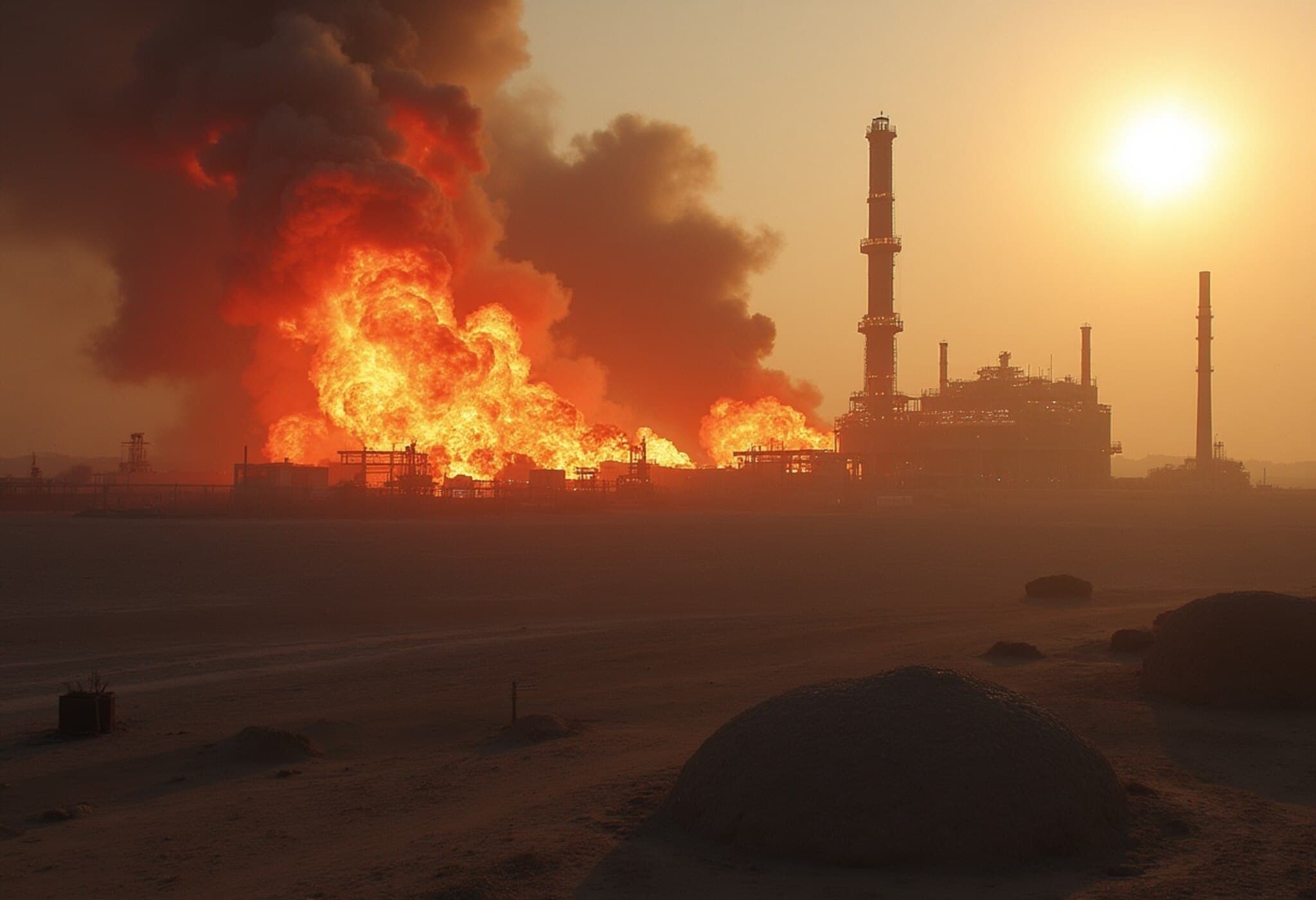Pakistan Proposes Trump for Nobel Peace Prize Over Recent Conflict Mediation
In a surprising diplomatic move, Pakistan announced on Saturday its intention to nominate former U.S. President Donald Trump for the Nobel Peace Prize. This recommendation recognizes his involvement in facilitating the ceasefire during the recent clash between India and Pakistan earlier this year, a brief but intense conflict that raised fears of escalation between the two nuclear-armed neighbors.
Trump's Role in De-escalating Tensions
Pakistan credits Trump’s diplomatic intervention with ending the four-day conflict abruptly in May, a crisis that had the world holding its breath over the possibility of nuclear confrontation. Trump himself claims his efforts prevented a catastrophic war that could have cost millions of lives. While India maintains that the ceasefire resulted from direct bilateral discussions between its military and Pakistan's forces, Islamabad emphasizes the importance of Trump’s behind-the-scenes engagement in calming the situation.
Pakistan’s Foreign Ministry praised Trump’s "strategic foresight and statesmanship," applauding his balanced dialogue with both Islamabad and New Delhi. The country described his involvement as a clear demonstration of his capability as a peacemaker amid rapidly deteriorating regional tensions.
Strategic Implications and Reactions
Beyond the praise, Pakistan's nomination appears designed to send a diplomatic signal. Officials hope this recognition may temper Trump’s stance regarding Israel’s military actions against Iran, which Pakistan has criticized sharply as destabilizing and unjustifiable. Some analysts in Pakistan speculate that this move could encourage Trump to reconsider deeper U.S. involvement in the Israel-Iran conflict.
Despite the nomination, there has been no official response from the United States. India's government also declined to comment on the matter. It’s worth noting that this development arrives just after Pakistan's army chief, Field Marshal Asim Munir, was invited to the White House for a rare luncheon with Trump—marking an unprecedented engagement between a Pakistani military leader and a sitting U.S. president during a civilian government.
Diplomatic Sensitivities and Shifting Alliances
Trump has previously expressed willingness to mediate the longstanding Kashmir dispute, which lies at the heart of India-Pakistan hostilities. Pakistan welcomes his involvement as it aligns with their calls for greater international attention to the region. However, such mediation efforts have disrupted traditional U.S. policy in South Asia, where India has generally been viewed as a critical partner, especially in counterbalancing China.
The nomination also comes amid strained relations between Trump and India's Prime Minister Narendra Modi. Their much-anticipated face-to-face meeting at the recent G7 summit was canceled after Trump left early, though a subsequent phone call reaffirmed India's firm stance against any third-party intervention in Kashmir.
Mixed Opinions Within Pakistan
The announcement garnered divided responses domestically. Some Pakistani figures, like former Senate Defence Committee chair Mushahid Hussain, support the nomination, arguing it appeals to Trump’s ego to maintain favor. Hussain pointed out that many European leaders have similarly courted Trump's goodwill.
On the other hand, critics voiced skepticism due to Trump's vocal backing of Israel in its conflict with Gaza, a stance that has provoked anger in Pakistan. Prominent commentator Talat Hussain dismissed the nomination as inappropriate, emphasizing Trump's pro-Israel position and warning that he might pivot back to favoring Indian interests.
Looking Ahead
The Nobel Peace Prize nomination process allows governments to recommend candidates, but nomination does not guarantee an award. As of now, the international community awaits formal reactions, and the evolving geopolitical dynamics between these nations promise to keep this story front and center in South Asian diplomacy.

